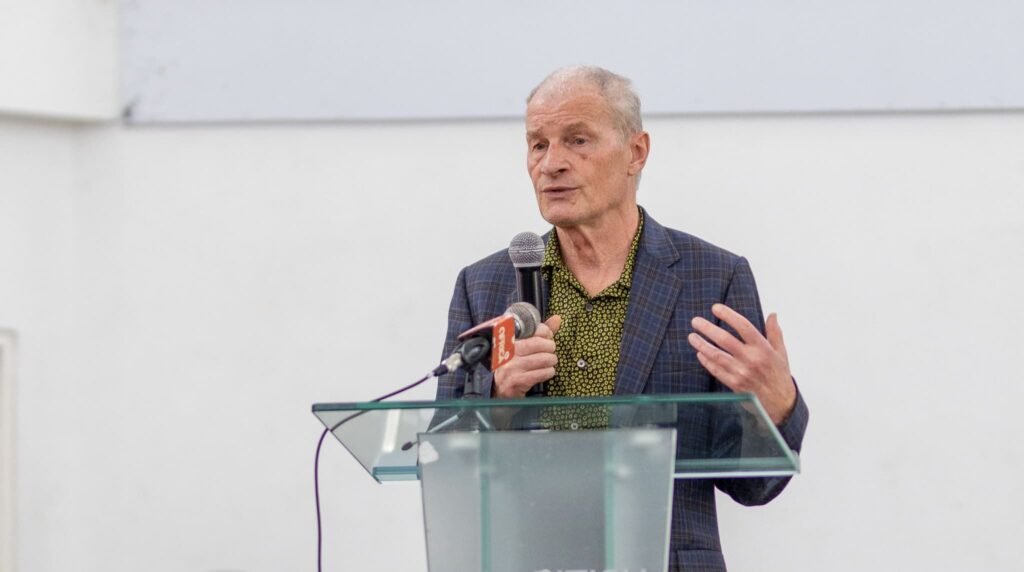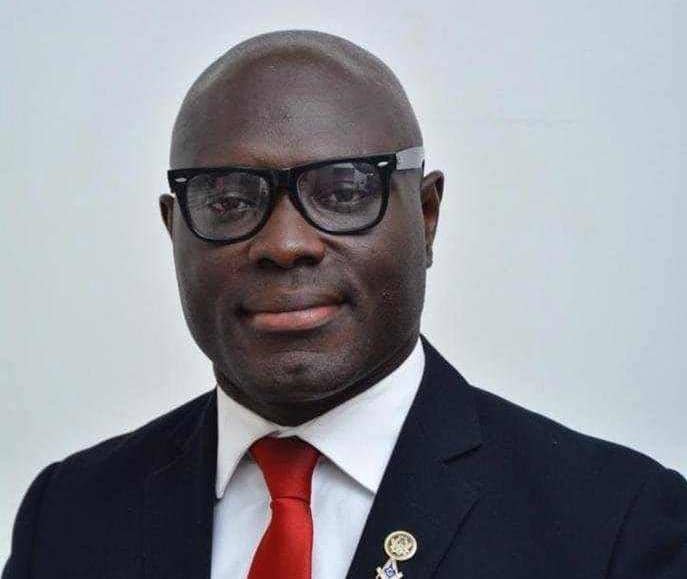
By Professor Jeffrey Haynes
Three decades of consistent democratic governance is one of Ghana’s major post-independence achievements. A few years ago, Donna Charles of the United States Institute for Peace stated that Ghana is a ‘democratic bulwark in a region rife with coups and instability’; and those words are still true today. Ghana’s liberal democracy is important not only – and obviously – for the country and its people, but also more generally as an exemplar for the West African region.
Although the electoral process has faced periodic claims of unfairness from parties which lose the elections, Ghana has hosted nine free and fair multi-party elections. The main opposition parties boycotted the first parliamentary elections in 1992 claiming unfairness. At this time, the erstwhile military government – the Provisional National Defence Council (PNDC) transformed into the National Democratic Congress (NDC); and the party proceeded to dominate Ghana’s politics for several years. This might explain why regard the 1990s as a period of transition without change: because Jerry John Rawlings continued to rule. On the other hand, Ghana’s repeated multi-party elections, even when flawed, deserve credit for sustaining the country’s democratic process.
Political processes
Ghana’s political processes traditionally focus on the dominance of one of the two major parties, the NDC and the New Patriotic Party (NPP). This is not unusual in Africa. Ghana’s experience is rather typical of other emerging democracies across Africa, with electoral outcomes typically involving a transfer of power between two major parties.
Despite its critics, it is fair to claim that Ghana’s Electoral Commission (EC) has performed well in the management of general elections since the reintroduction of democracy in 1992. While it may be that popular trust in and respect for the EC has recently eroded – perhaps because of the needless removal of the EC Chairperson and her two deputies in 2018 – it is hoped that the EC will regain the trust of Ghanaians; the EC seems to have done okay in the elections of December 2024.
Ghana’s judiciary has also done its best in the past 30 years to maintain a democratic culture. For example, while the New Patriotic Party in 2012 and the NDC in 2020 contested the Supreme Court’s decision on their respective petitions of the presidential results, the fact that they used the judicial process to try to resolve post-election conflicts rather than resorting to the use of electoral violence to settle their disputes is positive.
Ghana’s position in relation to some key democratic elements – including, a free press, political participation, the rule of law, citizens’ participation in the political process, and the political involvement of civil society – is okay or better. In addition, respect for due process and the rule of law may be improving; certainly, there appears to be no marked decline.
Press freedom started on a turbulent note in the 1990s, but it has chalked successes over time. Repeal of both the criminal libel law and the law that granted presidential power to ban news outlets were significant achievements. However, recent cases where journalists have been threatened, attacked, abducted and even killed are completely unacceptable in a liberal democracy, such as Ghana’s. It is crucial for all Ghanaians, especially the political class, to respect the freedom of the media as enshrined in the 1992 Constitution so they can perform their constitutional duties in exposing corruption, highlight and explain the evils of galamsey and demand political leaders’ accountability.
Addressing fractures
Other political institutions (such as, the executive and legislature), have made some progress since 1992, but there are fractures within these institutions that need to be addressed. For example, while parliament has increased the number of MPs to 275, ostensibly to represent better popular interests, the institution is still widely regarded as both weak and ineffective, not to mention severely divided on partisan lines.
For observers, the perception of parliament as weak is driven by the 1992 Constitution which empowers the President to select most ministers from parliament. The provision undermines the independence and the oversight role of the legislature; hence the current attempt by President Mahama to assess what changes may be necessary to amend the 1992 Constitution.
The Executive branch has taken some steps to uphold the 1992 Constitution. For example, policies have been initiated to strengthen democratic values and governance practices in the development of the country. On the other hand, dealing with economic mismanagement has been problematic, notably regarding cases of public sector corruption.
Major achievements
In conclusion, Ghana’s three decades of democracy is a major achievement in a region that has recently seen coups, political instability and the spread of terrorism. Donna Charles’ description of Ghana as a regional democratic bulwark, which dates back to 2008, remains accurate in terms of the country’s democratic consolidation since the early 1990s. Yet, concerns such as corruption, mismanagement, and soaring public debt make some Ghanaians doubt that democracy is the answer to the country’s ills.
Today, in the early months of the still-new NDC government of President Mahama, Ghana’s democracy liberal democracy continues to be a role model for West Africa and for the African region. It is to be hoped that Ghana’s democracy will long continue to flourish, not least because it is underpinned by the great value that most Ghanaians place on democratic values and practices.
The writer is an Emeritus Professor of Politics at the London Metropolitan University.







